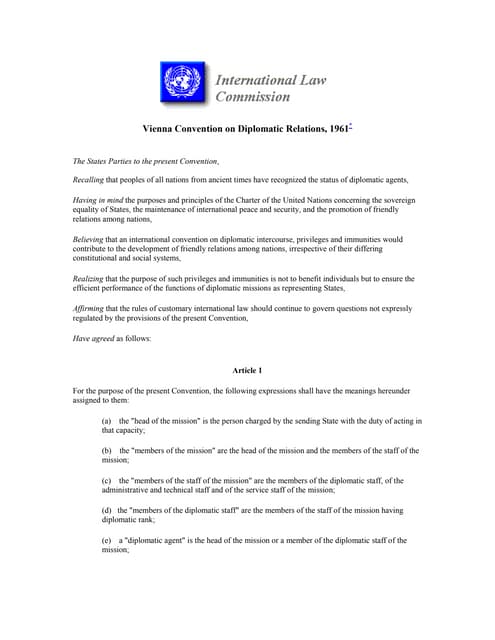

Their scheme is unpopular in the Asia-Pacific and will never succeed. The US and Japan hold onto the Cold War mentality, gang up to build military alliances and small cliques featuring economic decoupling, and stoke division and confrontation. The Asia-Pacific should become the pacesetter of peace and development, not the arena of geopolitics.

It should stop trying to destabilize the Asia-Pacific region. I must stress that the US’ so-called “deterrence” and “containment” policy has already disrupted Europe. It should speak and act with extra prudence, earnestly learn lessons from history and avoid repeating past mistakes. Japan bears historical responsibilities to the Chinese people on the Taiwan question. The biggest threat to peace and stability across the Taiwan Strait is the DPP authorities’ separatist activities and the moves of certain countries, including the US, to aid and abet such efforts. We firmly oppose attempts by the US and Japan to hype up relevant issues to damage China’s reputation and interfere in China’s internal affairs. Wang Wenbin: China’s position on Taiwan, Diaoyu Dao and maritime issues is consistent and clear-cut. NHK: In their meeting, the US President and Japanese Prime Minister opposed China’s attempts to change the status quo in the East China Sea and South China Sea and reiterated the importance of peace and stability across the Taiwan Strait.

We should follow the principles of mutual respect and mutual benefits to promote sound and steady development of China-Australia comprehensive strategic partnership. China is ready to work with the new Labor government to take stock of the past and stay forward-looking. The sound and steady development of the bilateral relations meets the fundamental interests and common aspiration of the two peoples, and contributes to peace, stability and prosperity of the Asia-Pacific. In the 1970s, the Labor government of Australia made the right choice to establish diplomatic relations with China, and made historic contributions to the development of China-Australia relations. Albanese has led the Labor Party to victory in Australia’s federal election. What is China’s expectation for China-Australia relations going forward? Global Times: Australia’s Labor Party leader Anthony Albanese led his party to winning the general election. China will take firm actions to safeguard its sovereignty and security interests. We urge the US side to abide by the one-China principle and the stipulations in the three China-US joint communiqués, honor its important commitment of not supporting “Taiwan independence”, speak and act with prudence on the Taiwan question, and avoid sending any wrong signal to the “Taiwan independence” separatist forces, lest it should seriously undermine peace across the Taiwan Strait and China-US relations. No one should stand in opposition to the 1.4 billion Chinese people.

No one should underestimate the strong resolve, determination and capability of the Chinese people in safeguarding national sovereignty and territorial integrity. On issues concerning China’s sovereignty and territorial integrity and other core interests, China has no room for compromise or concession. The Taiwan question is purely China’s internal affair that brooks no foreign interference. This is a consensus of the international community and a political commitment made by the US to China. There is but one China in the world, Taiwan is an inalienable part of China’s territory and the government of the People’s Republic of China is the sole legal government representing the whole of China. Wang Wenbin: China expresses strong dissatisfaction and firm opposition to the remarks by the US side. How does the foreign ministry view this US position? And how will this affect China-US ties going forward? He has said, we agreed with the one China policy, we signed on it, but the idea that Taiwan can be taken by force is just not appropriate. AFP: President Biden has said that the United States would defend Taiwan militarily if Beijing invaded or forcibly tried to take control of Taiwan.


 0 kommentar(er)
0 kommentar(er)
